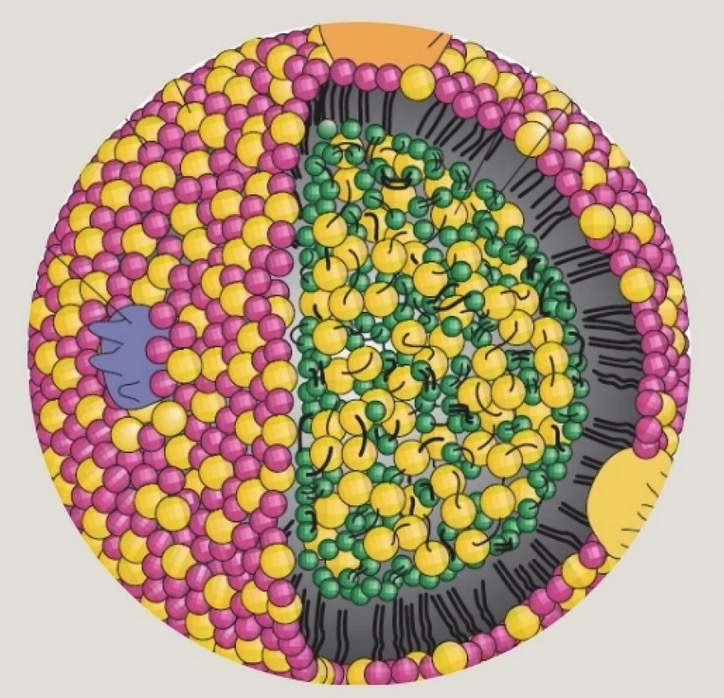cross-posted from: https://sh.itjust.works/post/31544365
Reduced glucose metabolism and mitochondrial dysfunction correlate with increased neuronal death and brain damage during cerebral ischemia and neurodegeneration. Ketone bodies (KBs), such as acetoacetate and β-hydroxybutyrate, serve as crucial alternative energy sources during glucose deficiency. Both KBs and the ketogenic diet (KD) demonstrate neuroprotective effects by orchestrating various cellular processes through metabolic and signaling functions.


I think it’s because many people still, especially those working with diabetes, hear ketone and think of the uncontrolled diabetes crisis. I suppose it’s also vaguely useful to point out that an excess so very much in excess that it breaks the body’s ability to maintain correct acidity isn’t helpful. As if we don’t already know that everything is a poison, what matters is the dose.
That last bit about how poorly tolerated the keto diet is sounds very much like the first two weeks with poor guidance, or a badly designed ketogenic diet using foods some participants were intolerant to
I couldn’t do internet keto or Atkins keto for long. I didn’t tolerate it well. But zero carb is easy I have been doing it for 2 and a bit years.